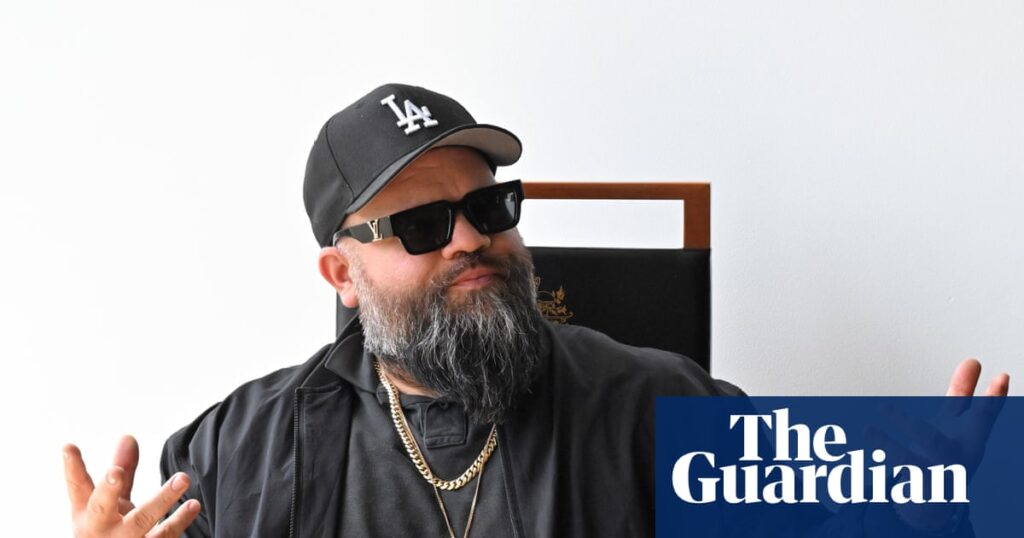
The Australian Productivity Commission is facing significant criticism for its recent AI report, which has sparked fears within the creative community about the potential for “AI theft” of artistic works. The report’s failure to consult artists or assess the impact of a key recommendation has led to a backlash, with calls for the government to prevent data mining exemptions that would allow tech giants to use creative content without fair compensation.
At the heart of the controversy is First Nations rapper Adam Briggs, who warned that allowing companies to access Australian creativity without proper remuneration would make it “hard to get the genie back in the bottle.” Briggs questioned, “Why is it a radical notion that artists should be compensated for their work?”
Government Inquiry Highlights Concerns
During a hearing for the national cultural policy inquiry in Canberra, senators expressed their discontent with the Productivity Commission’s approach. Liberal Senator Sarah Henderson accused the commission of “abandoning creative industries” by suggesting in its interim report that it is not “realistic” to prevent Australian data from being used to train AI models overseas.
Henderson’s sharp criticism included, “You, I would put to you, are waving the white flag rather than standing up for our creative industries; you’re saying very clearly it’s not realistic that you could stop this. Copyright in this country is worth protecting.” She questioned, “Where is the benefit to Australian artists in having their work scraped by AI?”
Productivity Commission’s Defense
In response, Productivity Commissioner Julie Abramson defended the report, stating that the commission has an “open mind” to policy approaches, including potential licensing agreements for artists. She noted that over 400 submissions had been received ahead of the final report, emphasizing, “We are consulting fully on this. One of the purposes of our interim report is to seek feedback on these issues.”
Stephen King, another commissioner, acknowledged the inadequacy of current copyright laws in the AI era, stating, “The problem at the moment is that when the copyright material is being used for training AI engines overseas, Australian creatives are not getting the benefits in general … and Australia is not getting the benefit of the development here.”
AI and Copyright: A Complex Intersection
The commission’s interim report, released in August, proposed a text and data mining (TDM) exemption to the copyright act, which would permit tech companies to utilize copyrighted work for training AI models. This proposal has been met with resistance, particularly because the commission admitted it had not consulted with the creative industry or evaluated the economic impact of such a recommendation.
Greens Senator Sarah Hanson-Young criticized the commission for consulting with major corporations like Mastercard, Microsoft, Meta, and OpenAI, but not with the creative industries. She questioned, “I’m really interested to know who … told you this was a problem, that there needed to be an exemption, or that copyright was an issue.”
Artists Demand Fair Compensation
Artists appearing at the inquiry urged the government to reject TDM exemptions. Holly Rankin, known by her stage name Jack River, argued for licensing agreements as the only fair compensation method, noting existing deals with organizations such as NewsCorp, the Guardian, and AAP.
Rankin stated, “A [TDM] exception to the copyright act is not a technical tweak or small change, it would be a fundamental dismantling of our copyright system legalizing the theft of Australian culture at scale.” She added, “The truth is simple, technology companies are able to pay for licenses, they just don’t want to.”
Future Implications and Government Stance
The government is currently evaluating its regulatory approach to AI, with no immediate plans to alter copyright law. Prime Minister Anthony Albanese has reiterated his administration’s support for the arts, emphasizing that “copyright and intellectual property is important.”
This ongoing debate underscores a pivotal moment for Australia’s creative industries, as they navigate the challenges posed by rapid technological advancements. The outcome of this inquiry and the government’s subsequent decisions will likely have lasting implications for the protection and valuation of Australian creative works in the digital age.







